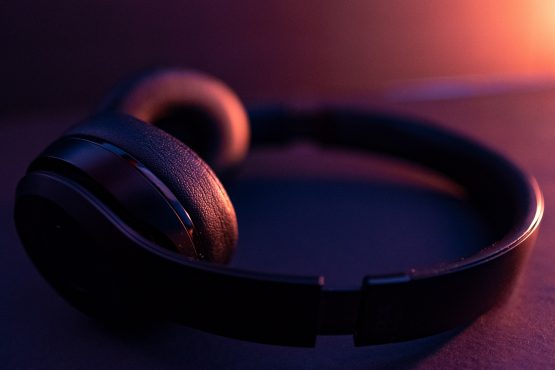Listening habits have an impact

Photo by Ryan Bruce via Burst.
This article mentions sexual assault.
Recent sexual assault allegations made against music artist Rex Orange County (real name Alexander O’Connor) have left his large fan base with their jaws on the floor, filled with disappointment and shock.
All six charges of sexual assault are brought against him by one woman. While O’Connor denies the allegations, fans have to decide what to do with the pending possibility that he could be proven guilty, sparking a question that’s been leading a heated debate in the music world for a long time: is it okay to listen to a cancelled music artist?
No one can really tell you what music you can and can’t listen to, but when you’re choosing to support a controversial artist, you should keep in mind what they represent because who and what you give your time to has an impact.
There is a whole spectrum of being cancelled. When an artist is cancelled, not everyone agrees on the steps that follow: some people think it’s okay to keep listening, and some don’t. A common argument I hear is that it’s okay to play the music of a cancelled artist because you’re just listening to a song, not supporting the artist themselves. This mindset often includes the pessimistic opinion that everyone is bad or does bad things at some point anyway, so why try to avoid the inevitable.
Does compartmentalizing the artist and their music really cut off the connection between the two? Even if your intention isn’t to support the artist and their actions when you listen to their music, you almost always end up doing it anyway.
By continuing to listen to an artist with the knowledge that they did or said something that is wrong and hurt someone, you’re continuing to boost their popularity and support them financially. This signals to them that their actions don’t have consequences. If you listen to music on streaming apps like Spotify or Apple Music, the artist gets paid through systems of royalties that pays them for each listen of their songs.
Alternative methods like vinyl records also pay a percentage to the artist, but the artist is only financially supported once — at the purchase of the record — unlike streaming, which pays per play.
You’re not only growing their bank account when you stream their music, but you’re also maintaining their fan base. If an artist maintains support after an action that causes controversy, it lets them, and other people in positions of influence or power, know that their behaviours won’t have serious consequences on their careers.
The argument that everyone is in some way a bad person, and that it’s almost unavoidable to listen to artists that haven’t been cancelled, is a fair point. It really is disappointing to hear that the person who wrote your favourite song could have done something so terrible, and it’s even harder to find an artist that hasn’t done something morally wrong.
But to live with the mindset that everyone is bad so you might as well just listen to their music is one that excuses harmful systems of power. It puts celebrities above the consequences that affect anyone else who wasn’t on a social pedestal. Would you still excuse them if they didn’t sing your favourite song?
Ultimately, music is a personal choice that’s yours to make. You can choose to listen to an artist who has been cancelled, but, in doing so, you’re showing support for the ideals and actions that led them to be a trending topic in the news. If an artist you like could be considered a “touchy first date topic,” maybe their songs should be removed from your playlists.






